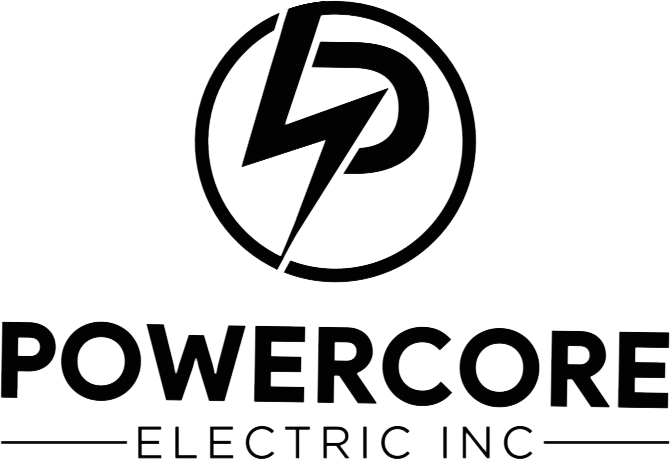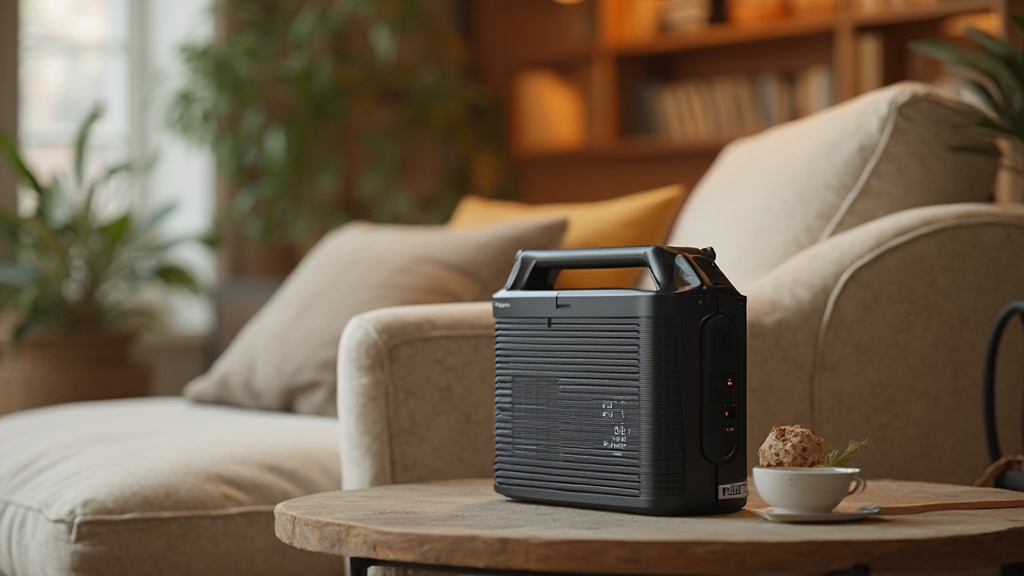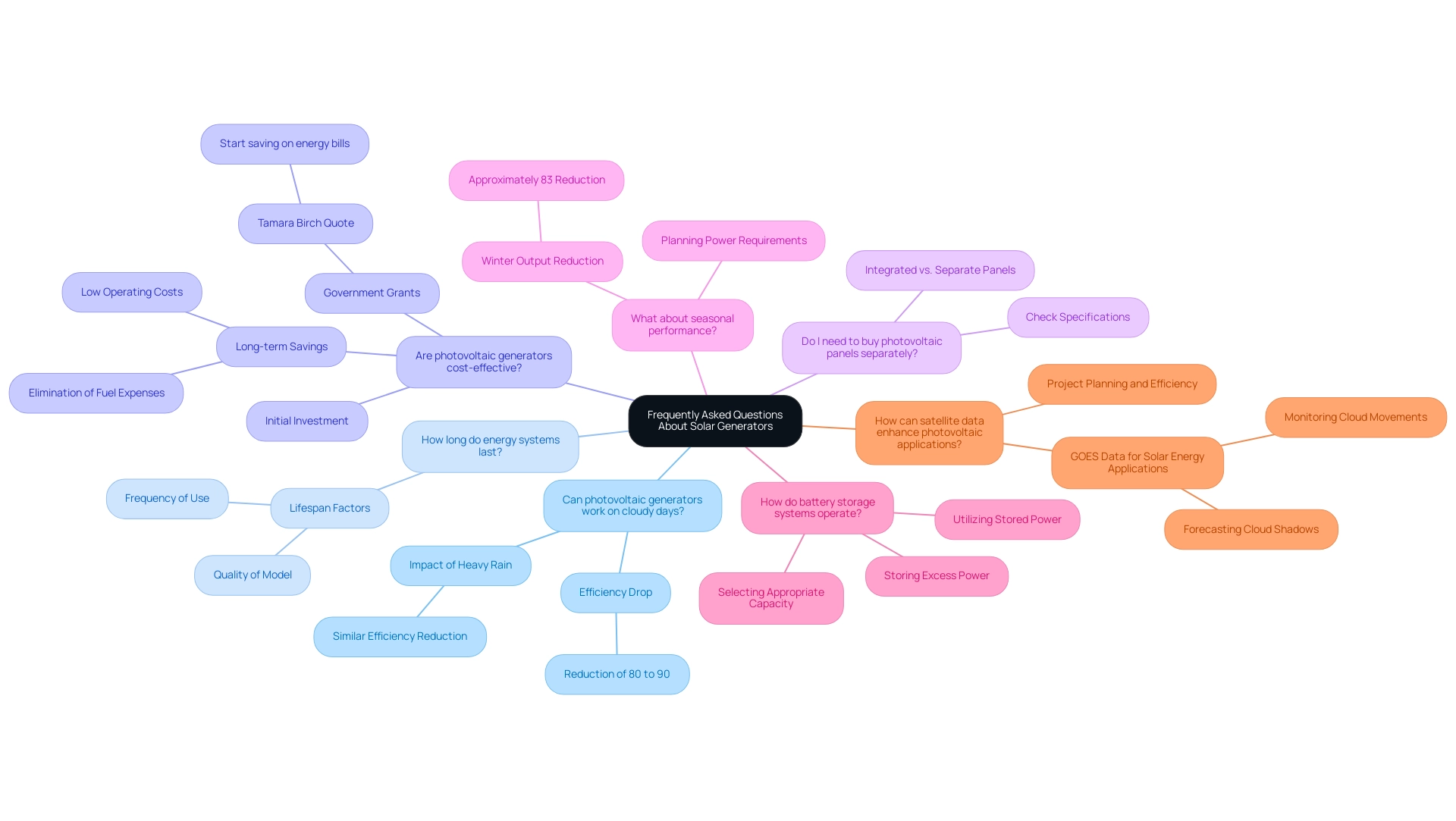Overview
The article titled “Top 7 Best Home Backup Solar Generators for Reliable Power” focuses on identifying the most effective solar generators for homeowners seeking reliable backup power solutions. It provides a detailed overview of seven top models, highlighting their features, pricing, and best practices, while emphasizing the advantages of solar generators over traditional gas-powered options, such as eco-friendliness, low maintenance, and cost-effectiveness.
Introduction
In a world increasingly focused on sustainability, solar generators are emerging as a game-changer for homeowners seeking reliable and eco-friendly energy solutions. These innovative devices harness the power of the sun, transforming sunlight into electricity to provide backup power during outages or to reduce reliance on traditional energy sources.
As the technology evolves, understanding the essential features, benefits, and maintenance practices associated with solar generators becomes crucial for making informed decisions. From their impressive efficiency to the latest advancements in battery storage and smart technology, exploring the landscape of solar generators reveals exciting opportunities for energy independence and environmental stewardship.
Whether it’s for home backup, outdoor adventures, or simply reducing one’s carbon footprint, this comprehensive guide offers valuable insights into selecting the perfect solar generator to meet diverse energy needs.
Understanding Solar Generators: A Comprehensive Overview
Solar power systems are incredible tools that convert sunlight into electricity, offering a clean and sustainable power source right at your fingertips! At their essence, these devices comprise:
- Photovoltaic panels that capture the sun’s rays
- A charge controller that regulates the flow of power
- A battery that stores this power for future use
This signifies that eco-conscious homeowners can utilize the best home backup solar generator for renewable sources during outages or even to enhance their current power systems, making it a versatile solution for achieving independence in resource use.
Recent advancements, such as the new sodium ion power generator from Bluetti, showcase impressive thermal stability and fast charging capacity, opening up exciting possibilities for harnessing sunlight effectively. Additionally, maintaining photovoltaic panels is crucial for maximizing their output; eco-friendly cleaning options, such as biodegradable soaps and natural scrubbing tools, can help ensure optimal performance without harming the environment. The function of AI in improving sunlight efficiency is also important, as intelligent technology can optimize power usage based on consumption patterns.
Moreover, comprehending the crucial function of power inverters is vital, as they transform the stored power from batteries into usable electricity for your residence. The expansion of the renewable energy sector is emphasized by major companies like Amazon, Google, and Meta, which have a combined contracted pipeline of over 25 GW in capacity. As policy analyst Ben Zientara highlights, “The growth of photovoltaic technology not only aids in independence for homeowners but also fosters a more sustainable future for everyone.”
This thorough comprehension of power systems and panels, along with upkeep methods and technological progress, is vital for homeowners aiming to improve sustainability and make informed decisions regarding the best home backup solar generator available for their energy options.
Key Features to Consider When Choosing a Solar Generator
When it comes to selecting the appropriate solar power source for your home, particularly in a sunny location like Long Beach, there are several essential features to keep in mind:
- Wattage: Start by assessing how much energy you need to keep your essential appliances running. It’s crucial to select a generator that can handle both your running and starting wattage requirements. For instance, air conditioners typically require between 1,000 to 1,500 watts to run and can spike to 2,200 to 5,000 watts at startup. Be sure to check the labels on your appliances for precise consumption information, which will help you make informed decisions about your wattage needs.
- Battery Capacity: The battery capacity, measured in watt-hours (Wh), is a key factor in how long you can operate your devices without needing a recharge. A larger capacity means more extended usage, which is particularly helpful during power outages. Consider exploring leading batteries for power storage, such as the Tesla Powerwall or Goal Zero Yeti, which can enhance your unit by offering dependable backup electricity.
- Portability: If you intend to bring your power source camping or on outdoor adventures, portability is vital. Look for lightweight designs that are easy to transport without compromising on power.
- Charging Options: Versatility in charging is another important consideration. Ensure your device can be charged via solar panels, AC outlets, or car chargers so you can collect power in various settings, whether you’re at home or traveling. This flexibility is particularly relevant for eco-conscious homeowners looking to embrace renewable energy fully.
- Durability: Lastly, opt for machines with robust and durable designs. They should endure outdoor conditions, supplying you with dependable energy when you require it the most.
Additionally, consider the insights from the case study titled ‘Common Appliances Estimated Watts,’ which provides a list of common appliances and their wattage requirements. For example, a typical refrigerator may require around 200 to 800 watts, while a laptop might only need about 50 to 100 watts. By considering these essential characteristics, along with practical examples and data, you’ll be well on your way to discovering the best home backup solar generator that aligns with your power requirements and supports your environmentally friendly lifestyle!
Plus, remember to explore local government programs and incentives that may support your transition to solar energy.
Advantages of Solar Generators Over Traditional Generators
It’s easy to see why solar power systems, particularly the best home backup solar generator, are becoming a popular choice for eco-conscious homeowners. Here are some compelling advantages they provide over traditional gas-powered devices:
- Eco-Friendly: Solar units produce no emissions, contributing to a cleaner environment. By minimizing impacts from renewable power plants, as noted by Fontina Petrakopoulou, we can ensure sustainable future applications. Selecting renewable energy assists in decreasing your carbon footprint and encourages sustainability.
- Comprehensive Renewable Solutions: The advancement of photovoltaic technology encompasses not only power sources but also Tesla home chargers and panel systems, which can function harmoniously together. Comprehending how these systems operate and connect can enhance your home’s efficiency, facilitating a smoother and more effective transition to renewable sources.
- Economic and Environmental Benefits: Solar heating systems, both active and passive, provide significant economic and environmental advantages for homeowners. By integrating these systems, you can enhance power efficiency and contribute to long-term sustainability.
- Quiet Operation: Unlike gas generators, photovoltaic generators operate silently, allowing you to enjoy the tranquility of your home without the disruptive noise often associated with gas-powered models.
- Low Maintenance: With fewer moving parts and no need for fuel storage, photovoltaic generators are low-maintenance. This means less hassle for you, allowing more time and effort for the things you love. Additionally, regular cleaning of photovoltaic panels is essential for maintaining efficiency, and there are top cleaning services available to assist with this.
- Cost-Effectiveness: Although the initial investment in this technology may seem higher, the long-term savings can be substantial. By harnessing free power from the sun, you can significantly lower your fuel expenses over time. For example, a reference PV facility with a capacity of 196 MW has a Global Warming Potential (GWP) of only 68.6 g CO2eq/kWh, demonstrating the effectiveness of photovoltaic technology in contrast to conventional gas power plants that usually possess a higher GWP. Moreover, examining the optimal battery options for the best home backup solar generator can additionally improve your energy autonomy and financial savings.
As government initiatives increasingly promote renewable energy usage, and with leading cleaning services available to maintain your systems, the benefits of these power systems over gas-powered alternatives continue to expand. This makes the best home backup solar generator an increasingly viable choice for meeting your home energy requirements while ensuring economic and environmental advantages.
Top 7 Best Solar Generators for Reliable Home Backup
When it involves guaranteeing dependable energy at home, particularly during crises, selecting the appropriate renewable energy source can make all the difference. Here’s a friendly rundown of the top solar generators that not only provide dependable home backup but also align with eco-conscious values, along with their pricing and best practices for selection:
- Goal Zero Yeti 1500X: Priced around $1,999, this powerhouse features a robust battery and multiple output options, making it perfect for running larger appliances. Its durability and capacity are key considerations for any homeowner looking to invest in dependable energy. Best practice: Consider your energy requirements and ensure the generator’s capacity aligns with them.
- Jackery Explorer 1000: At approximately $999, this compact gem is not only portable but also incredibly user-friendly. Ideal for both home backup and outdoor adventures, its manageable weight makes it a favorite for those who appreciate reliability on the go. Best practice: Regularly check the battery health to maintain performance.
- Bluetti AC200P: This model, priced around $1,599, can energize multiple devices simultaneously, ensuring your home remains operational during extended outages. Its charging speed and weight are important factors for optimal usability. Best practice: Use it in conjunction with solar panels for sustainable energy.
- Renogy Phoenix 300: Lightweight and compact, this device costs about $599 and excels during camping trips while still providing dependable backup power at home. It’s the perfect blend of convenience and efficiency for eco-conscious individuals. Best practice: Keep it charged regularly to ensure readiness.
- EcoFlow Delta 1300: Known for its quick charging capabilities and high output, this device is priced at around $1,199. It meets various needs, from running appliances to powering tools. Its durability is essential for homeowners seeking reliable solutions. Best practice: Familiarize yourself with its features to maximize utility.
- A-iPower SUA2000iV: This innovative generator, costing approximately $499, offers both solar charging and gas options, providing flexibility for different situations. It’s an excellent option for those seeking versatility in their backup energy solutions. Best practice: Evaluate your energy consumption to choose the right charging method.
- Rockpals 300W: Budget-friendly at about $299, this little workhorse is perfect for light use and emergency backup. It’s an excellent option for those who want reliable power without breaking the bank, especially if you’re considering weight and usability. Best practice: Use it for essential devices to conserve battery life.
Each of these generators brings unique strengths and features to the table, ensuring that you can find the best home backup solar generator for your needs. As one user remarked, ‘The potential for what may come next, though, is truly mind-blowing,’ highlighting the exciting advancements in renewable energy technology. Whether you’re getting ready for an unexpected electricity loss or planning an outdoor adventure, these options have got you covered!
Remember to evaluate your specific needs and budget to make the best choice for your situation.
Frequently Asked Questions About Solar Generators
Let’s tackle some of the most frequently asked questions about photovoltaic generators and how they fit into the broader landscape of energy solutions for homeowners:
-
Can photovoltaic generators work on cloudy days? Absolutely! While they can still generate power during overcast conditions, it’s important to note that efficiency may drop significantly, with statistics showing a reduction of up to 80% to 90% compared to their maximum output. Additionally, heavy rain can also reduce panel output by a similar margin, further affecting performance during inclement weather. Comprehending how energy panels operate during overcast days can assist you in planning your energy requirements.
-
How long do energy systems last? With a bit of TLC, many power systems can serve you well for several years. The lifespan largely depends on the model’s quality and how often you use it, so investing in a reliable unit can pay off in the long run. It’s also wise to consider the power capacity and ratings when selecting a model to ensure it meets your household’s requirements.
-
Are photovoltaic generators cost-effective? Initially, they might seem like a hefty investment, but don’t forget to look at the big picture! Over time, they can lead to significant savings due to their low operating costs and the elimination of fuel expenses. Additionally, as Tamara Birch states,
The latest UK government grants and funding schemes to help pay for photovoltaic panels on your home – begin saving on your energy bills today.
The economic attraction of photovoltaic solutions, including Tesla home chargers and battery systems, continues to grow as costs decline. Homeowners should explore available government programs that can subsidize the installation of photovoltaic panels and battery systems, enhancing their financial viability.
-
Do I need to buy photovoltaic panels separately? It depends on the model! Some generators come with integrated panels, while others require you to purchase them separately. Always check the specifications before making your choice to ensure you have everything you need to get started. This is especially significant as you investigate choices for the best home backup solar generator that can retain surplus power for future use.
-
What about seasonal performance? It’s crucial to understand that during winter, solar panels’ electricity output can be reduced by approximately 83% compared to summer. This seasonal variation is essential for planning your power requirements effectively, especially when considering the best home backup solar generator for those less sunny days. Comprehending seasonal performance can also assist homeowners in predicting utility costs and savings throughout the year.
-
How do battery storage systems operate? Battery storage systems, such as the best home backup solar generator, play a vital role in resource management by storing excess power generated during peak sunlight hours for later use. They enable homeowners to utilize stored power during high-demand periods or outages, ensuring a reliable supply. Selecting the appropriate battery capacity is essential for fulfilling your household’s power requirements and optimizing savings.
-
How can satellite data enhance photovoltaic applications? The GOES Data for Renewable Applications case study demonstrates how satellites track cloud movements and forecast cloud shadows, supplying vital information for power systems. This information aids in project planning and enhances the management of solar power generation systems, ensuring a more reliable energy source when you need it most.
Conclusion
Solar generators present a remarkable opportunity for homeowners eager to embrace sustainable energy solutions. By harnessing sunlight, these devices not only provide reliable backup power during outages but also contribute to a greener future. With their eco-friendly nature and low maintenance requirements, they stand as a smart alternative to traditional gas-powered generators.
Selecting the right solar generator involves considering key features such as:
- Wattage
- Battery capacity
- Portability
- Durability
By understanding these aspects, homeowners can find a generator that fits their specific energy needs while enjoying the economic benefits of solar power. Additionally, the advancements in solar technology, including improved battery storage and smart technology, enhance the efficiency of these systems, making them an even more attractive option.
With a range of top-rated solar generators available, there’s a solution for every budget and requirement. From portable options for outdoor adventures to robust models for home backup, the choices are diverse. As awareness of solar energy continues to grow, so does the potential for energy independence, making the shift to solar not only a personal investment but a collective step towards a sustainable future. Embracing solar generators is not just about power; it’s about making a positive impact on the environment and securing a more resilient energy future for all.



